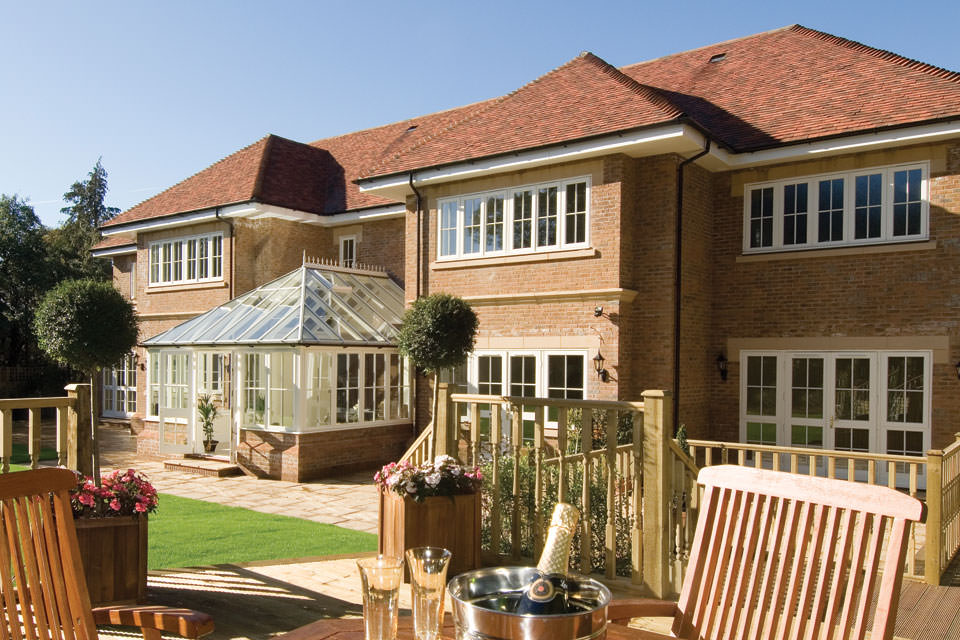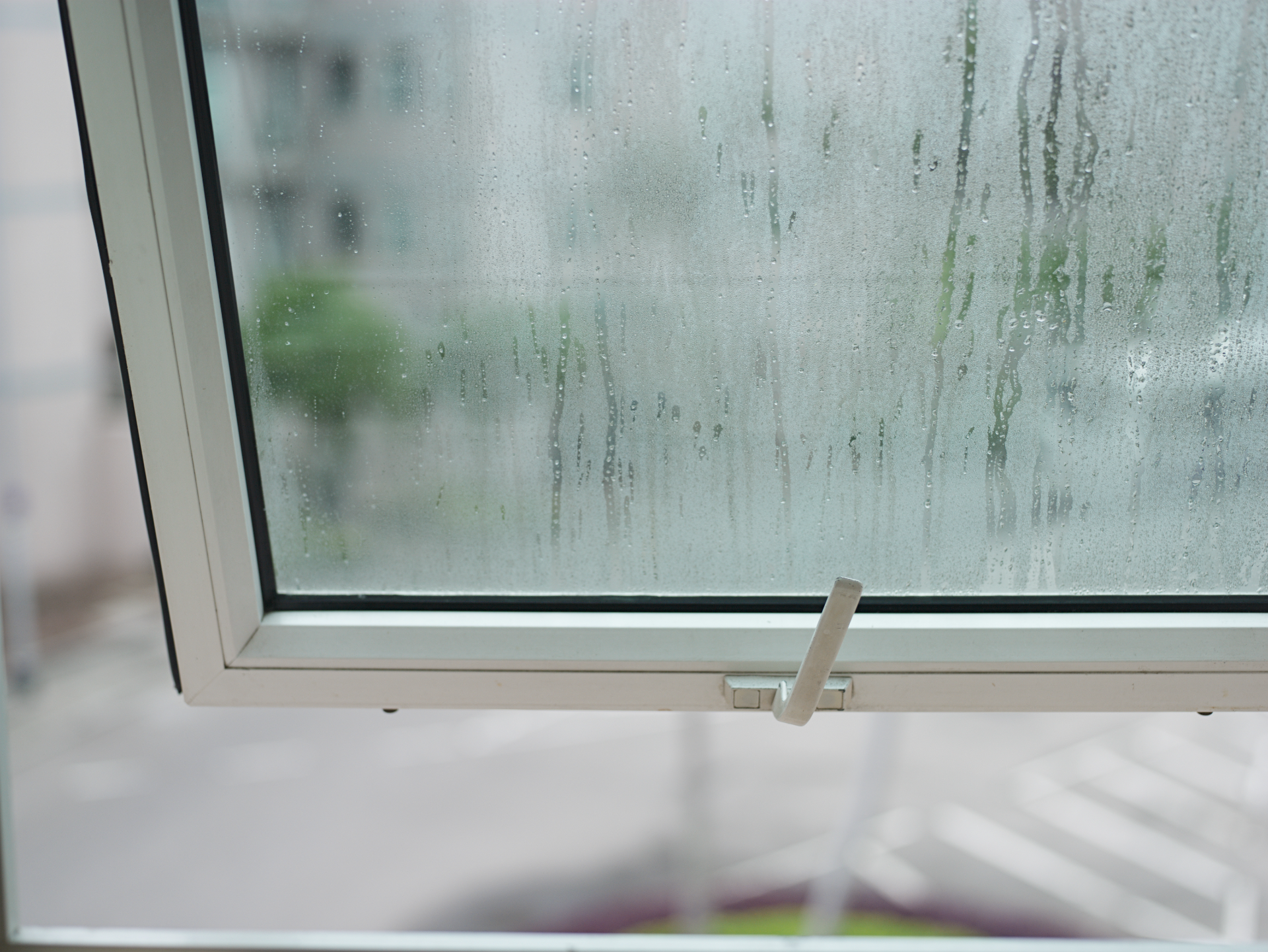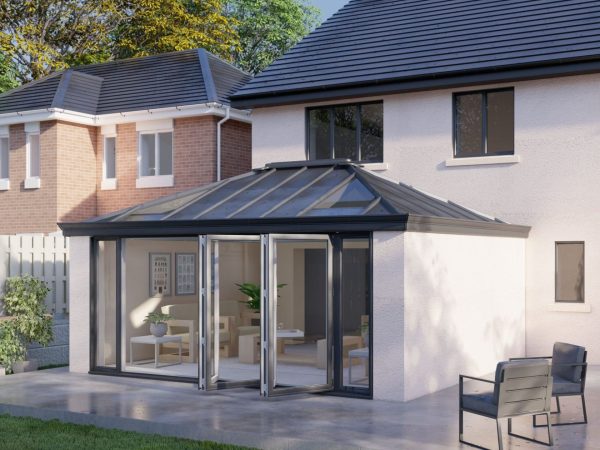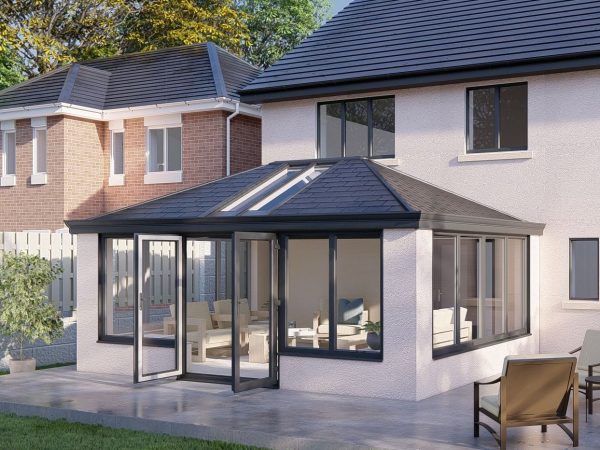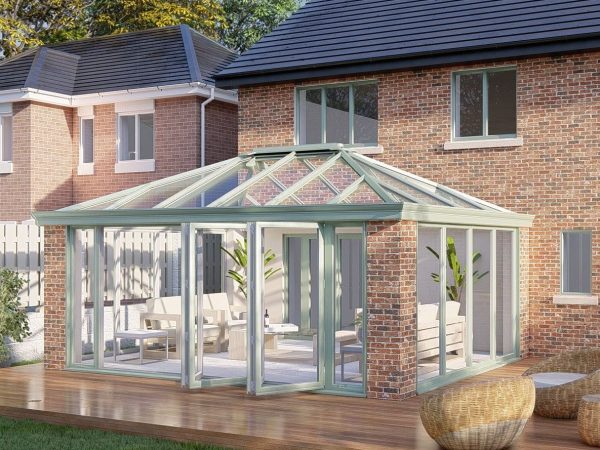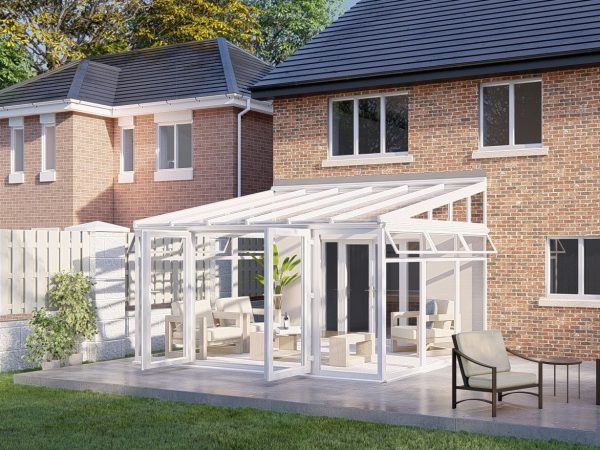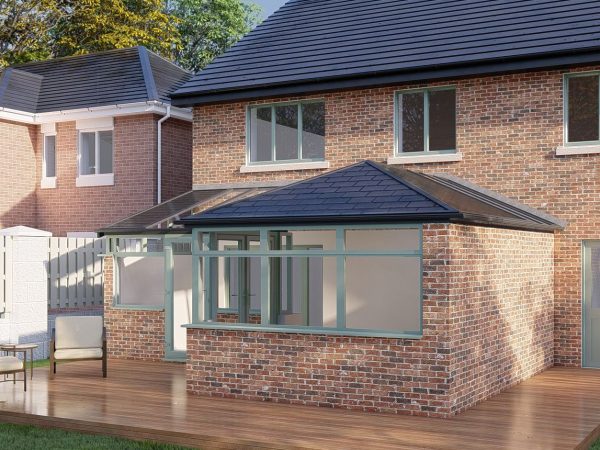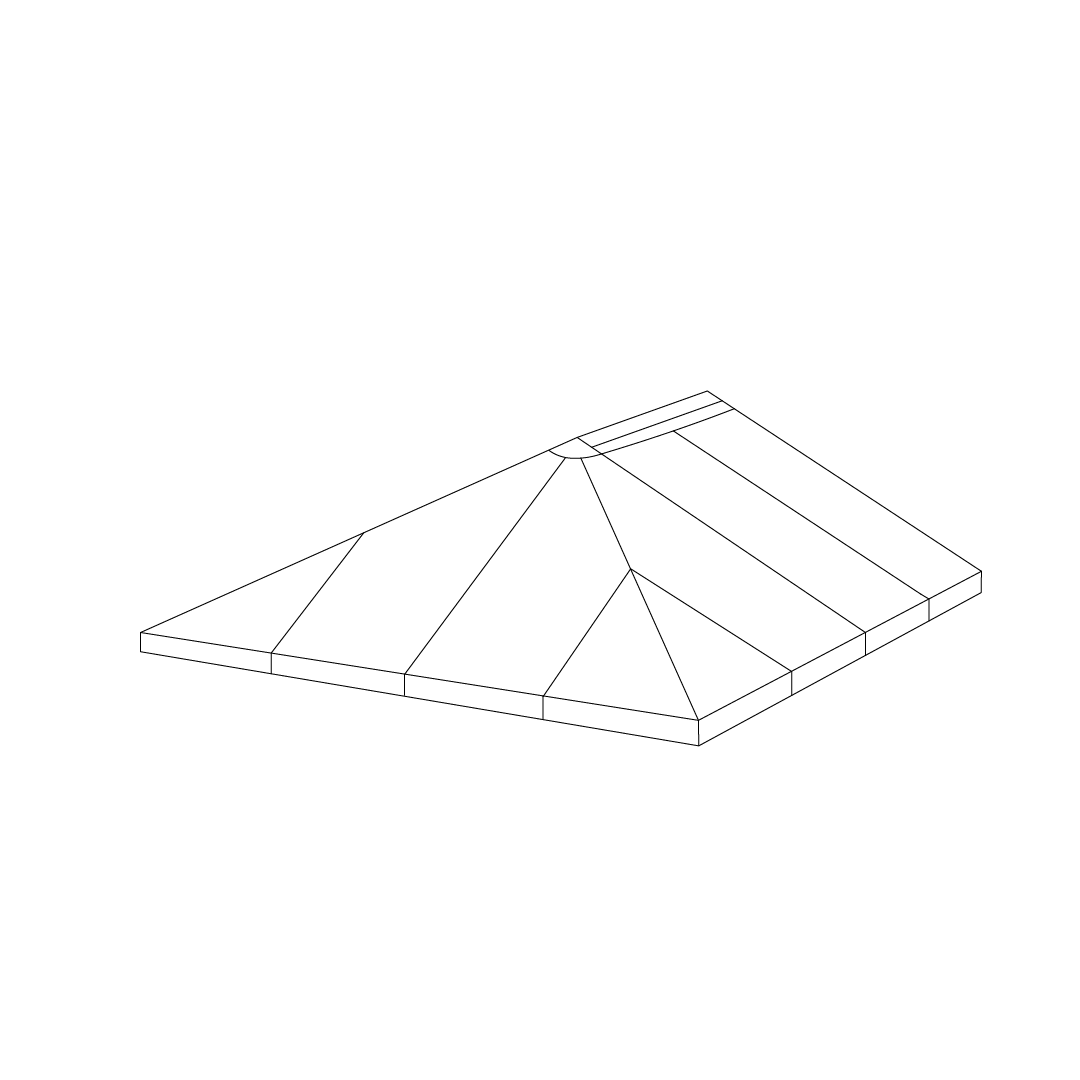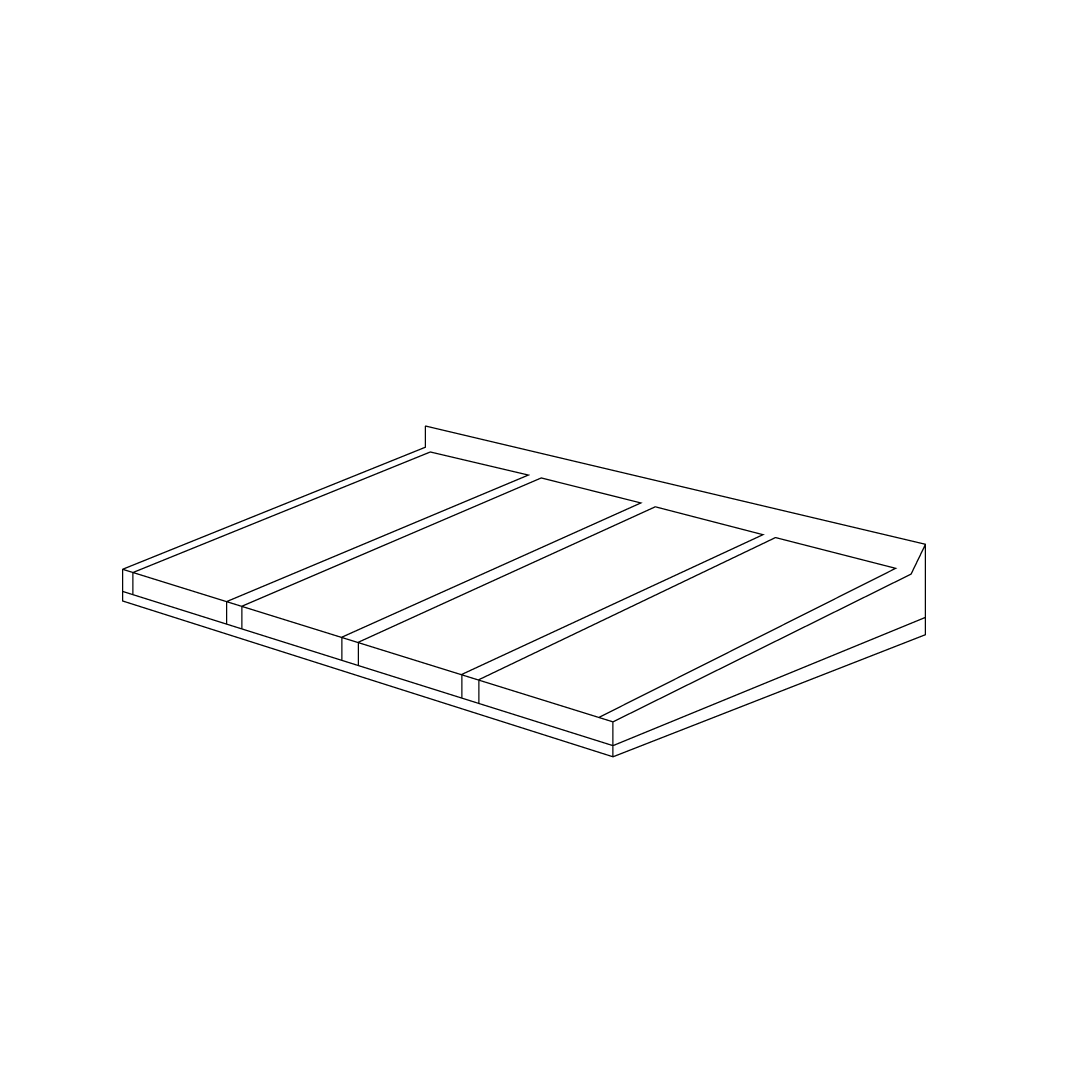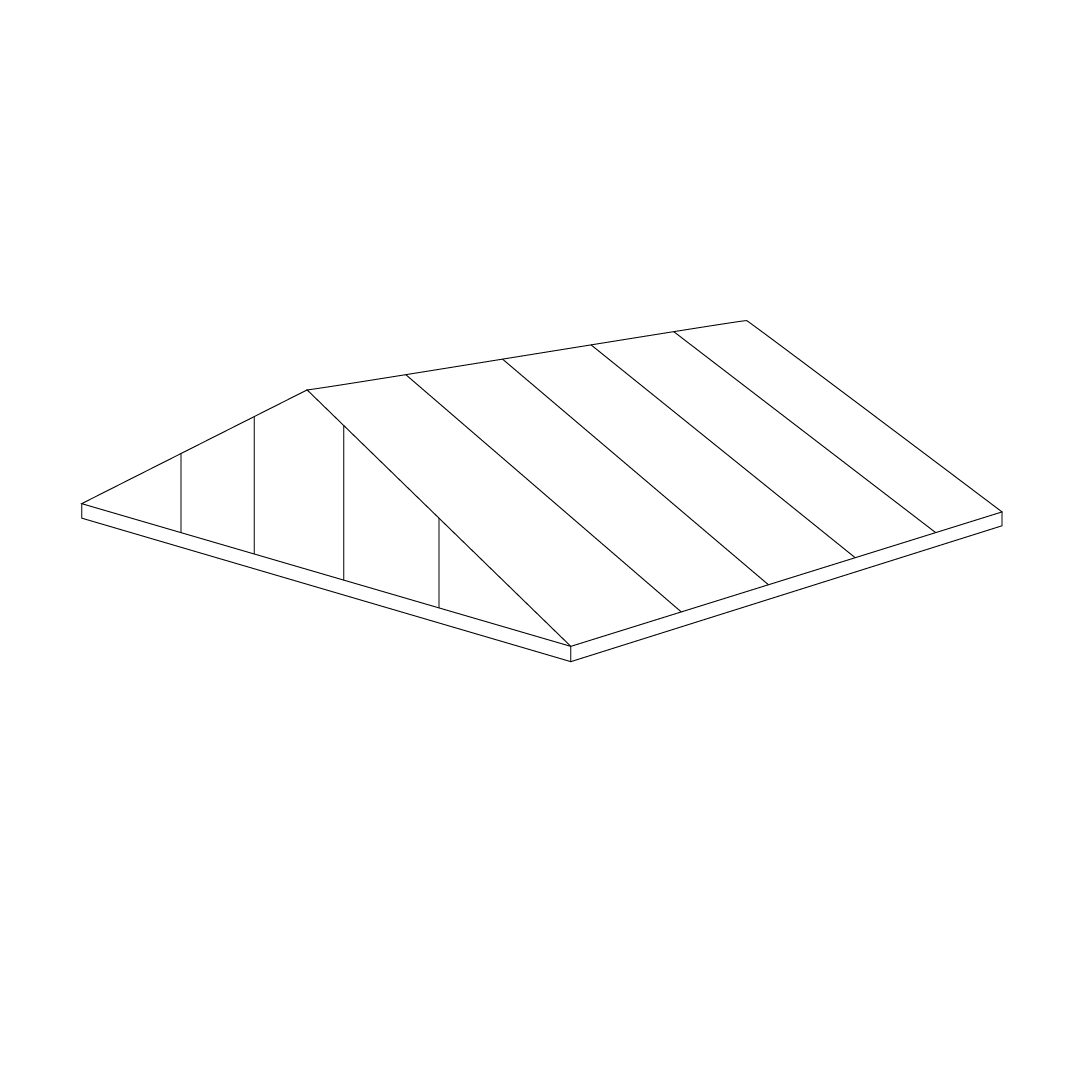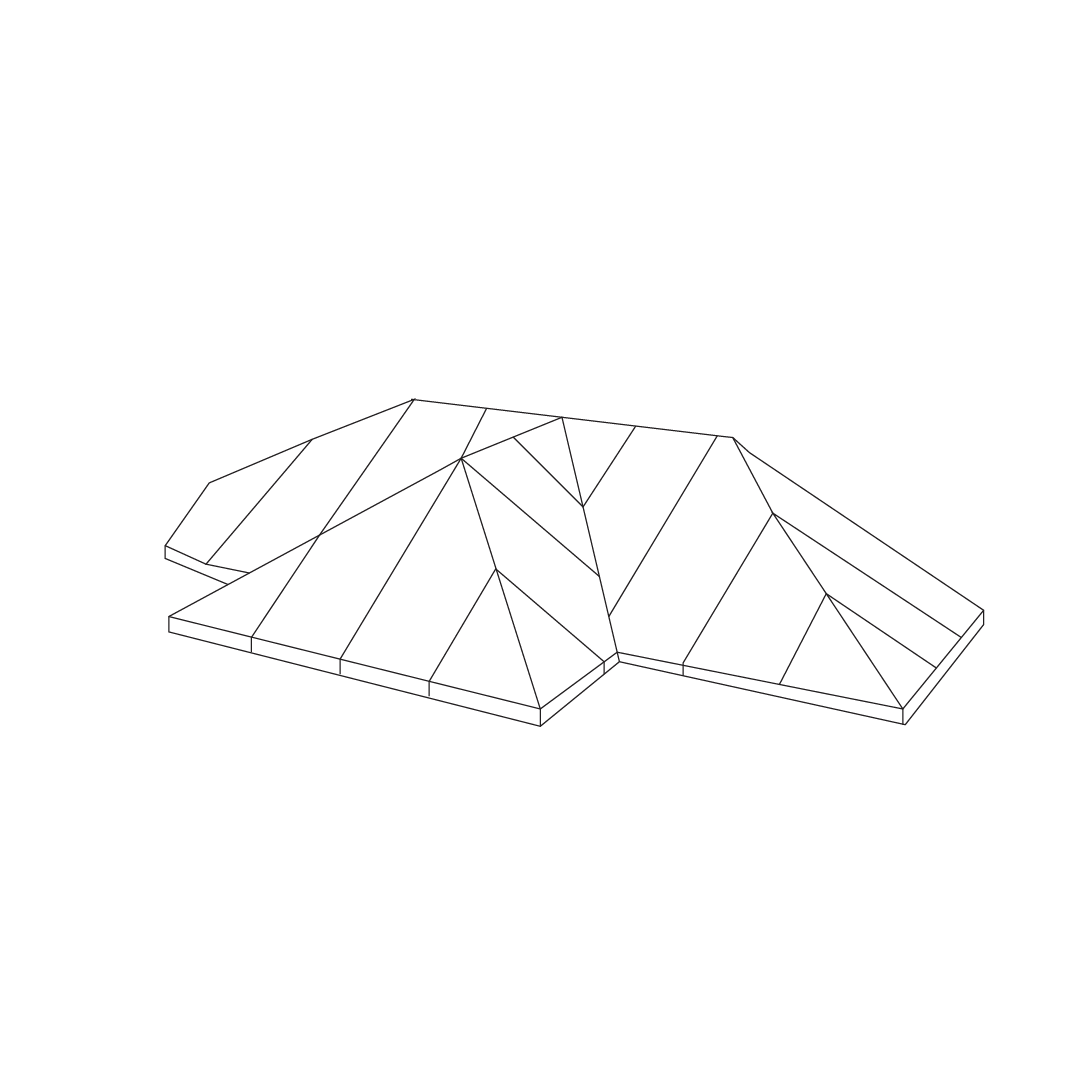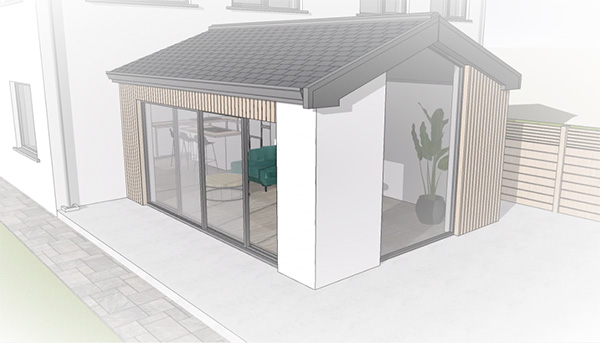Making your home more energy efficient is vital to achieving an eco-friendly and sustainable way of living. An easy way to do this is by investing in thermally efficient windows. Read on to learn more about thermally efficient windows and their contribution to reducing your average energy bills.
What is the average energy bill?
The average energy bill is a rough estimate of the amount you pay for electricity and gas in your household every month or year. Depending on the size of your property and energy needs, your average energy cost may be high or low. This amount gives you a good idea of what you are spending on your energy and whether you should take steps toward reducing it. The average energy bill for households in the UK is around 2900 kWh of electricity per year.
What are thermally efficient windows?
Thermally efficient windows are windows with two or more glass panes in a sealed unit to minimise the amount of heat escaping through the window. They’re also known as energy-efficient windows and come in various types, including:
- Double glazed windows
- Triple glazed windows
- A, B and C-rated windows
Thermally efficient windows with an A rating are the most energy efficient, and they help keep the heat in your home. This saves you money on your energy costs.
How thermally efficient windows reduce your energy bills
Thermally efficient windows use a variety of strategies to improve their insulating performance. For example, double pane windows have two panes of glass separated by gas, which keep heat from coming in and heating your house during the day. This ensures your air conditioning doesn’t work overtime to keep your home cool, reducing electricity use.
The same applies to cold weather. Thermally efficient windows keep heat from escaping through the window glass, keeping your home warm. This ensures your heating system works less, which, in turn, lowers your electricity use.
Why get thermally efficient windows?
Typical homes contain a lot of windows, and windows are huge sources of energy loss, with 25-30% of a home’s heating and cooling energy use getting lost through windows. This makes it vital for homeowners to fit energy-efficient windows to reduce heat gain and heat loss.
Energy-efficient windows ensure you spend less on your heating and cooling bills while making your house comfortable during summer and winter. These windows also reduce condensation, noise pollution and cold spots and protect furniture from sun rays.
Switching energy suppliers
If your average energy bill is high, you may want to consider switching energy suppliers to a more affordable provider. Learn more about switching energy suppliers here.

